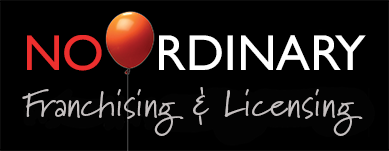A marijuana-themed sandwich shop? A pizza store with images of the devil on the walls? These don’t sound like your run-of-the-mill franchise concepts – but that’s exactly the point. They’re part of a new kind of anti-franchise franchise trend that’s starting to gain traction – the “freedom franchise”.
One of franchising’s main strengths has been consistent brand image and visual appearance, but that can also be its Achilles heel when it comes to those looking to express their individuality in their business.
“The problem with this sort of franchise … is that they aren't very much fun,” says the Great Harvest Bread Co on its website. “All the good stuff about opening your own business – figuring out what you want to offer and what colour the walls will be – aren’t your decisions to make. They've already been made.”
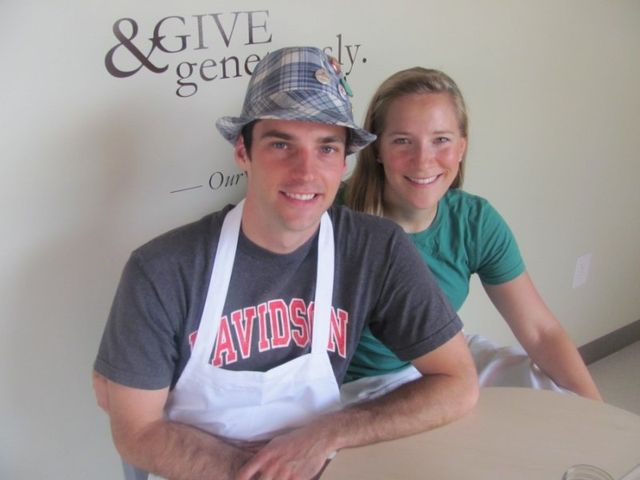
Not at Great Harvest. America’s first whole grain bread franchise, Great Harvest has more than 220 franchised stores, but no two are exactly alike. That’s because the company encourages its franchisees to develop their stores to reflect their personalities and decide on the range of breads that will best suit the communities they serve. And they use that as a point of difference in their franchise offering.
“As a Great Harvest bakery owner, you receive the freedom to run your own business selling a wonderful product, plus a proven business model, a national brand, and a supportive community of fellow bakery owners nationwide to offer advice and guidance.”
While many franchises get round the need for community relevance and franchisee individuality by offering a limited range of formats, only a few other franchises like Great Harvest offer true flexibility – within the bounds of their brand identity rules, of course.
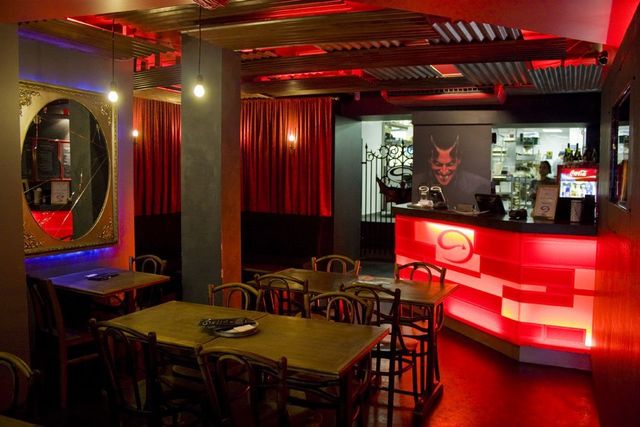
What does Hell look like? Not bad, actually. In New Zealand, Hell Pizza has long encouraged their franchisees to come up with all sorts of ways to express their “darker sides” – demonic heads mounted on the walls and skeletons buried under plexiglass in the floors of their stores, for example – and promote their businesses in unusual ways such as driving around in signwritten hearses.
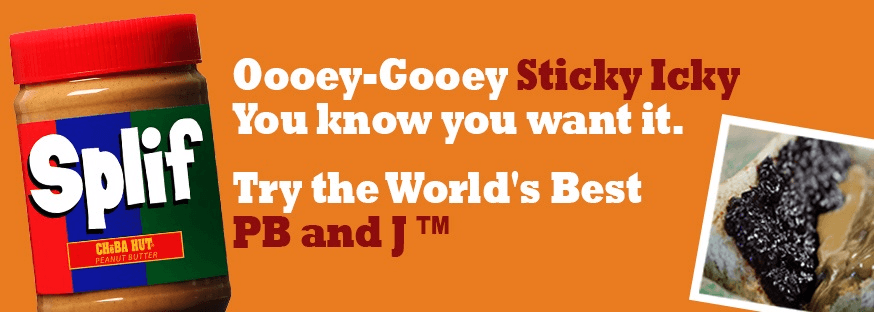
But a marijuana-themed toasted sub franchise called Cheba Hut really takes the cookie. The menu features subs with names like “Train Wreck” (feta cheese, black olives and tomatoes) and “Majic Mushroom” (portabella mushrooms with green bell peppers, pineapple & pepper jack cheese). It's all enough to give you the munchies.
Unlike Subway’s Fred de Luca, who founded his first store to help pay his way through college, Cheba Hut founder Scott Jennings waited until he had graduated before he went into business.
"I'd worked in a lot of places in college, and everything was the same," he told Entrepreneur magazine. "I wanted to shake things up."
He insists there’s no chance of Cheba Hut going the same way as Switched On Gardener in New Zealand and getting busted. “It [our marijuana theme] does differentiate us,” he says. “I didn't do it as a gimmick; it's more of a parody of marijuana culture.”
Now with 16 stores in six mainly western US states, Cheba Hut turned over more than $10 million last year from sales of sandwiches, grilled chicken and salad with no illegal herbs or substances added.
"People underestimate us," he says. "But we are dead serious about what we know – serving up good food in a place with a great experience."
I'm Robin La Pere of No Ordinary Franchise Consultants. I called my practice that because I believe that in today's hyper-competitive world, ordinary businesses and franchises just can't cut it any more. This article is about franchises which are anything but ordinary – businesses which are part of the "freedom franchise" movement combining the power of franchising with the drive and style of enthusiastic local owners.
Download your free e-book

You have an existing business which has
grown and become profitable, but you want more. How do you expand, especially if you don't have much time or money?
Send me your email and I'll email you my e-book 3 Ways to Expand Your Business Using Other People's Time and Money (OPTM):
3 Ways to Expand Your Business Using OPTM
Relevant Articles
Subscribe to my newsletter
"Robin writes an e-letter which anyone interested in franchising should subscribe to - whether they agree with him or not!"
Dr Ken Billot, Franchise PhD
Dr Ken Billot, Franchise PhD
Every two weeks, I write an email newsletter designed for those in franchising and those considering getting into franchising. Topics include those you see in the articles listed above and are intended to be stimulating, helpful and challenging. These articles have helped me gain more than 100,000 followers on Twitter and worldwide connections on LinkedIn, but you can read them first by subscribing to the newsletter.
Subscribe by entering your email address here:
Contact Us
Download your free e-book
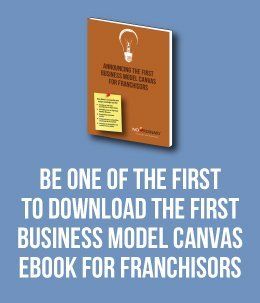
A major strength of franchising is that it’s based on tried and true business models. Trouble is, in this fast-changing business environment, what’s tried and true one year may be tired or irrelevant the next.
Not surprisingly, one out of three franchisors is concerned about the viability of their business model.
The 'Business Model Canvas' has emerged as a powerful tool for developing and updating business models. Recognising that franchise businesses differ in several ways from other business types, I have come up with a new version of the Business Model Canvas designed specifically for franchises.
Send me your email and I'll email you my e-book The Business Model Canvas for Franchisors:



